SEO for ChatGPT search: 4 key observations
Here’s how ChatGPT search compares to Google, plus insights into the role of long-form content, local reviews and more in AI search rankings.
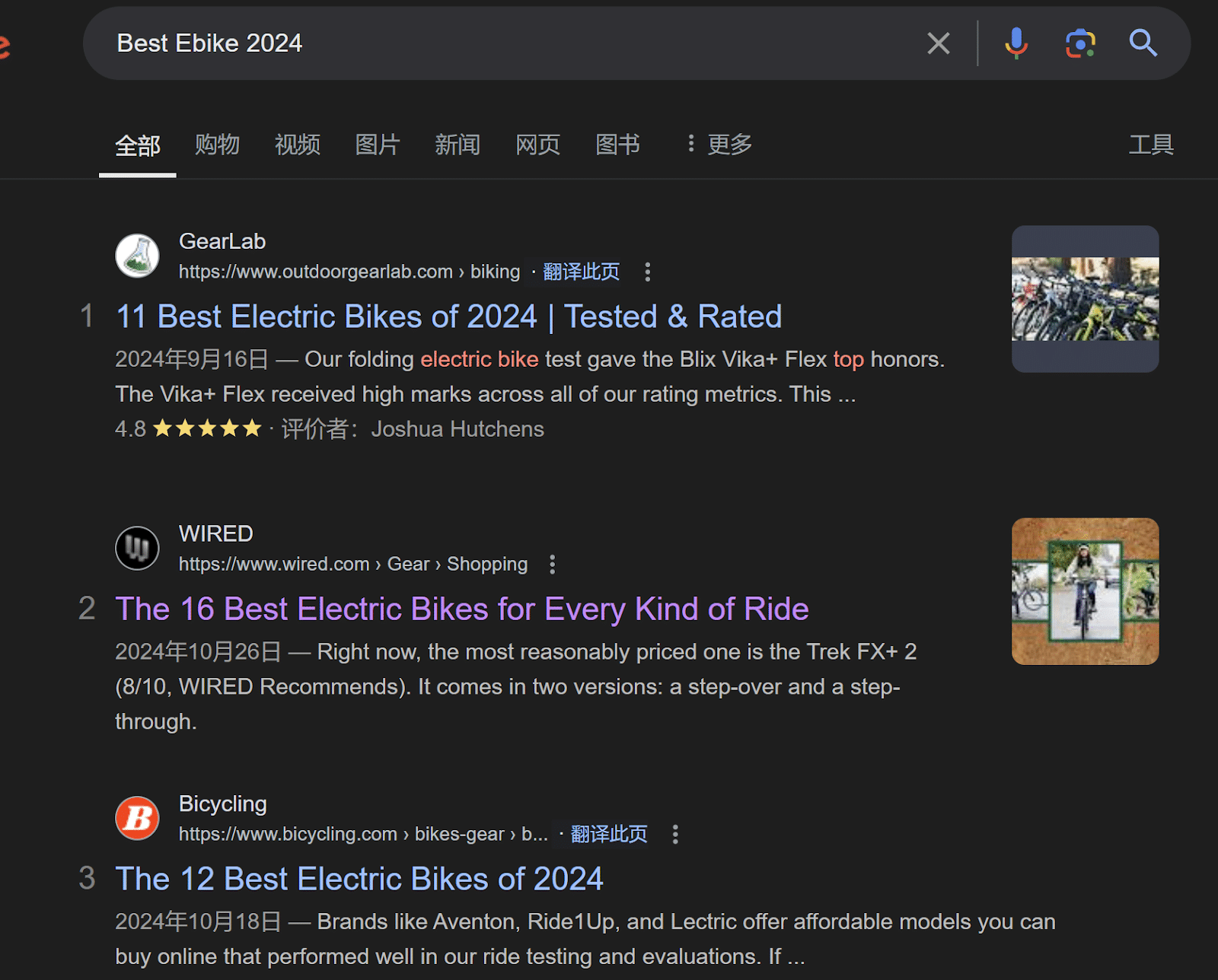
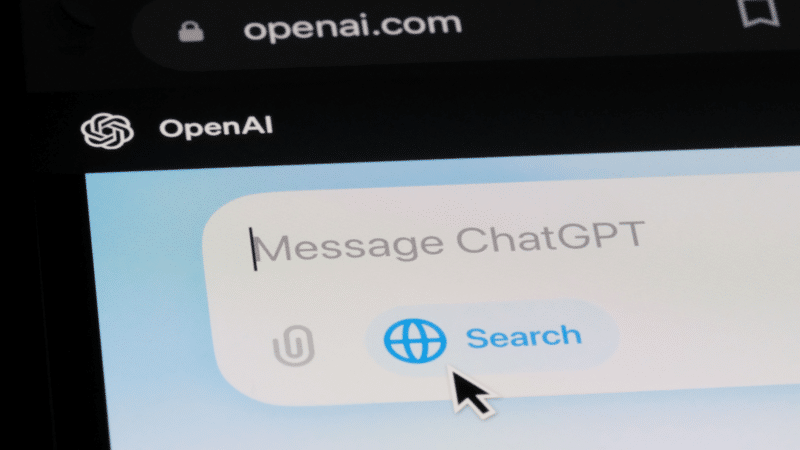
The SEO landscape is changing fast and AI search is leading the charge.
With ChatGPT’s new search functionality posing a serious challenge to Google, how content is ranked and discovered is being redefined.
ChatGPT search doesn’t just display links. It analyzes 12 results to generate answers, creating a new playing field for content creators.
Let’s explore what ChatGPT search means for your content strategy, how it compares to Google and how you can adapt to rank at the top.
1. ChatGPT search results are different from both Google and Bing
Initially, many thought ChatGPT search would directly pull results from a single search engine, summarizing and returning results to the user, but this isn’t the case.
Just look at each search engine’s results for the search query [best ebike 2024].
Google:

Bing:
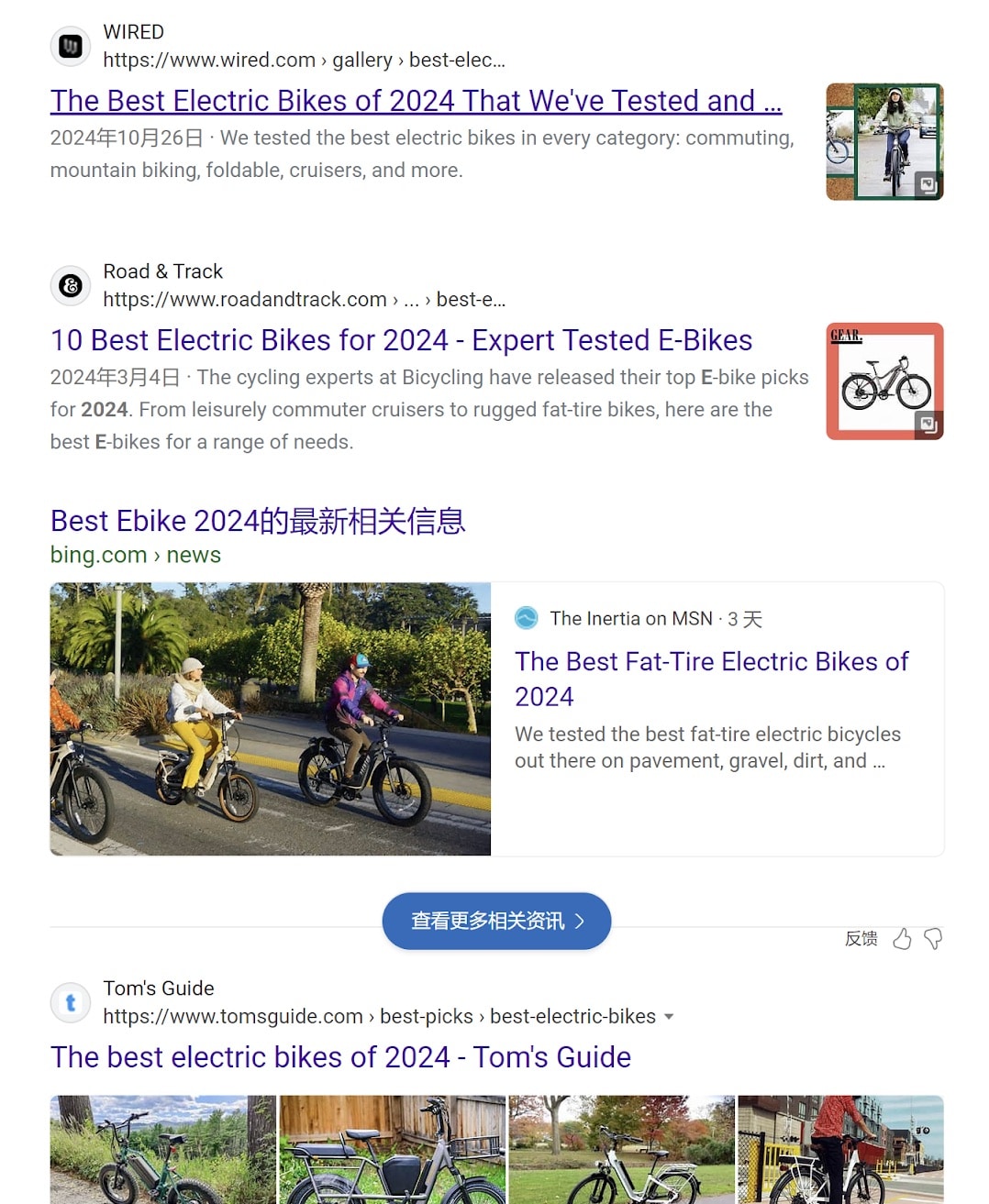
ChatGPT search:
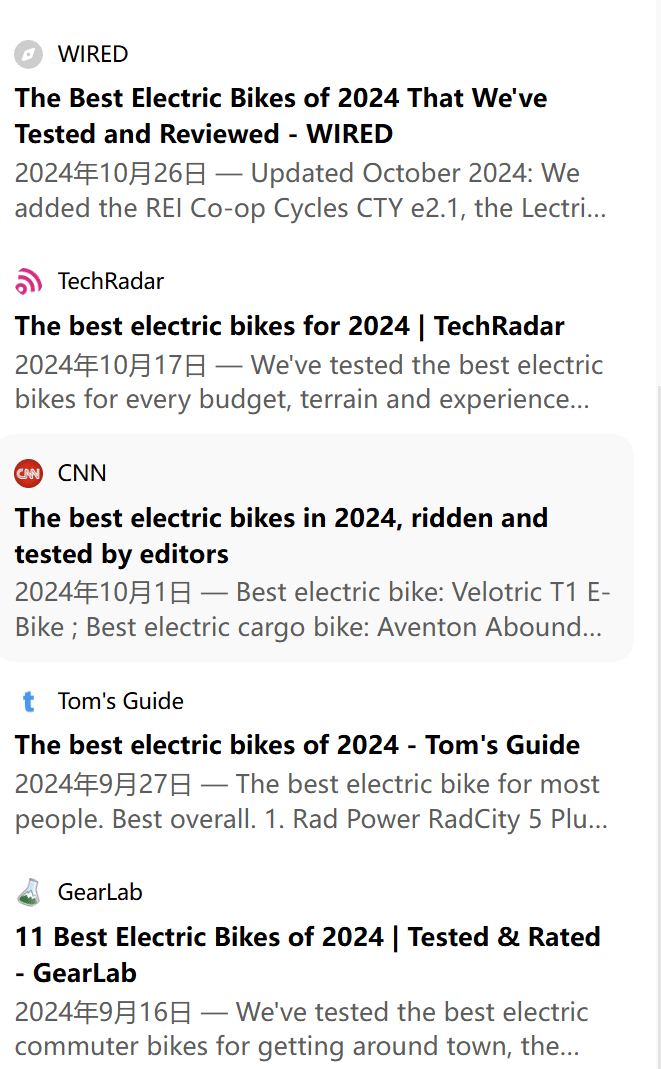
Although there is some overlap in results, the overall ranking doesn’t align.
In terms of similarity, ChatGPT search results appear closer to Bing’s. That’s because ChatGPT search uses Bing’s search index while customizing the trusted media sources it draws from.
2. ChatGPT search favors long-form content over brand product pages
When I searched for [long range ebike] in ChatGPT, I expected our brand to appear in the results, especially since we had ranked in the top 3 for this keyword on Google.
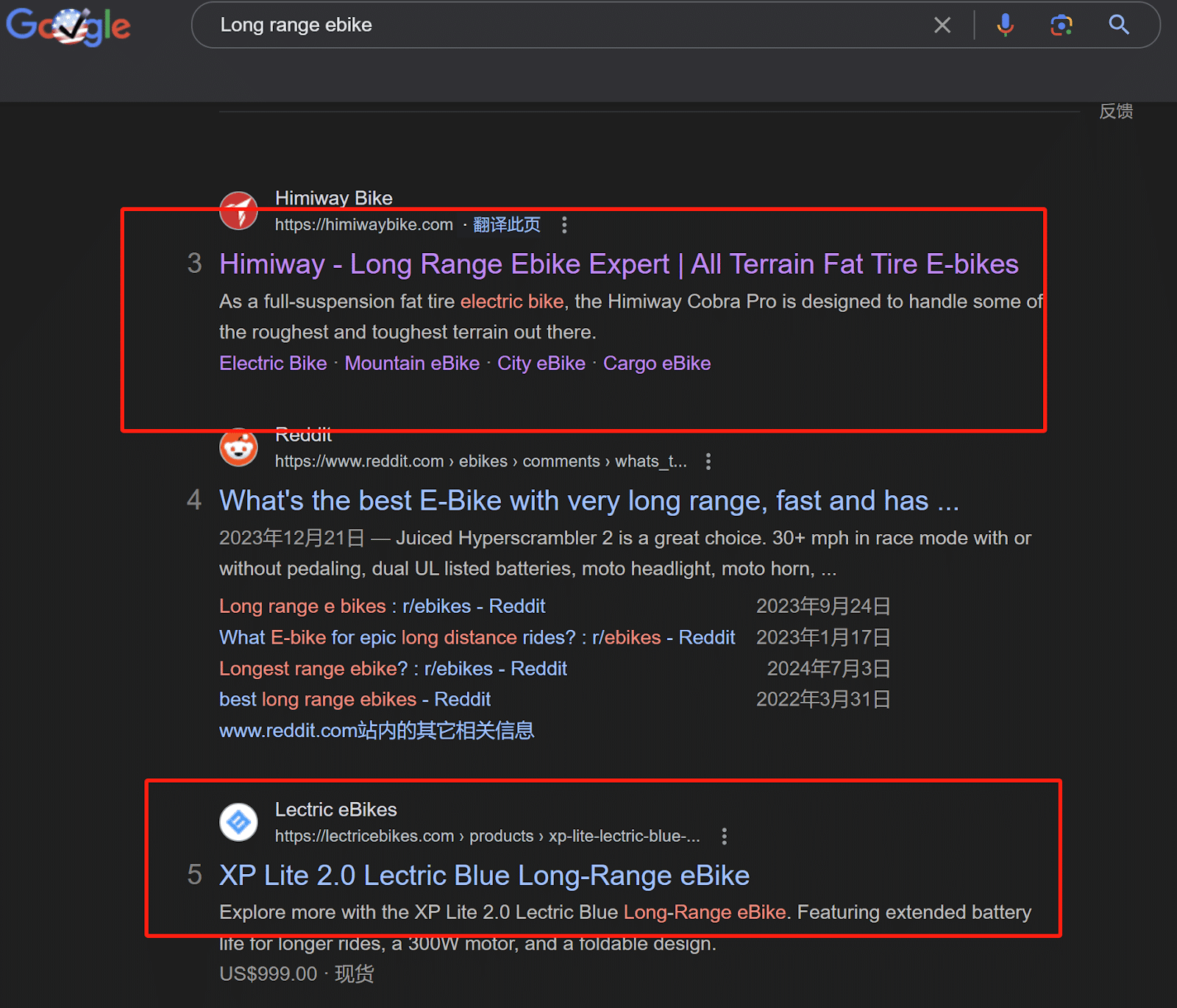
However, despite our high Google ranking, our site was not referenced.
The good news? No other brands were referenced either – not one.
Instead, ChatGPT search consistently pulls from list-style, long-form articles, summarizing information from three main sources:
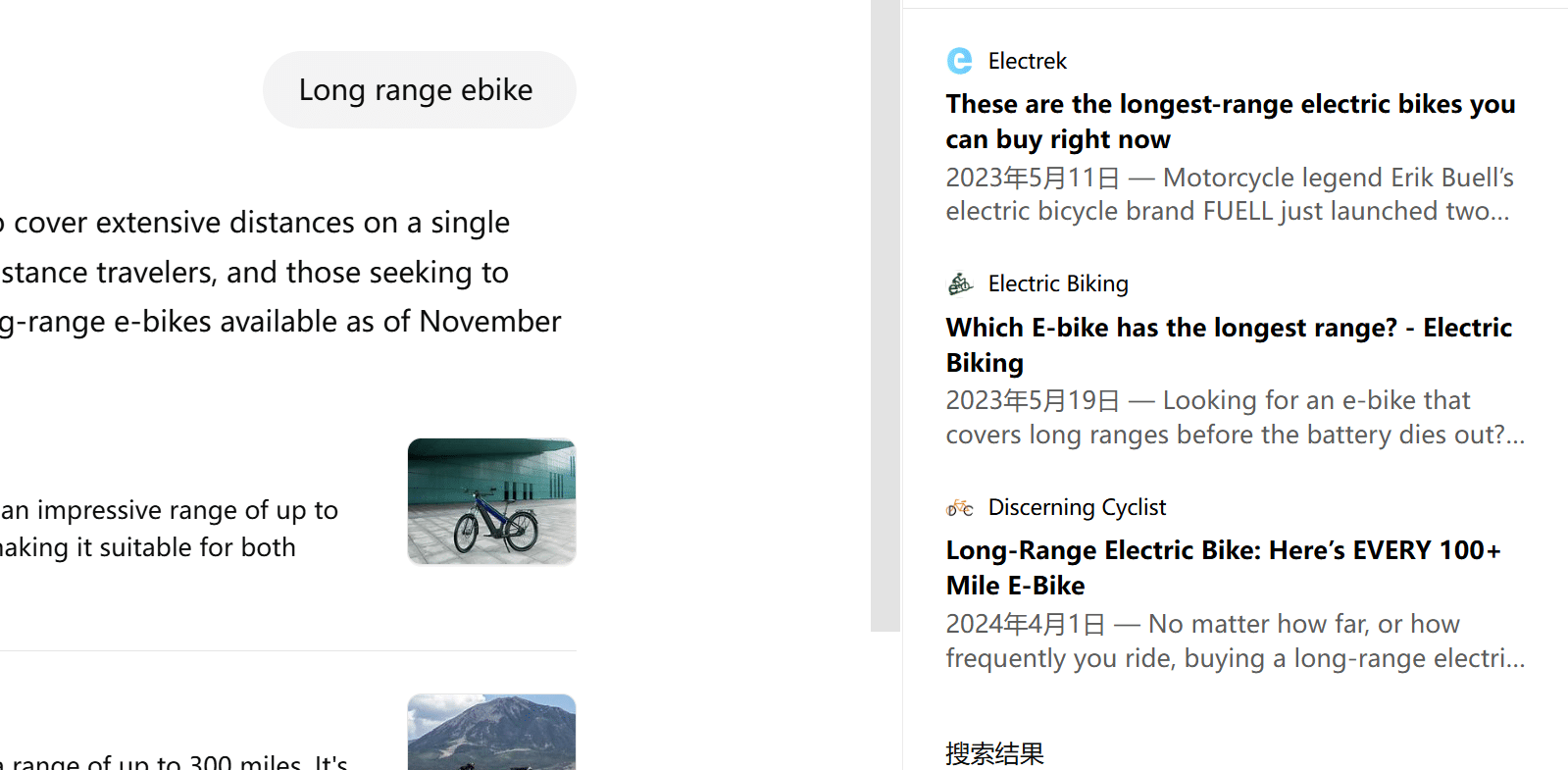
These sources share the following characteristics:
- Lengthy text.
- High authority sites (these sites already rank well for many keywords on Google).
- Not brand sites, but rather review or content sites.
ChatGPT search doesn’t seem to trust promotional claims from brand sites but instead relies on detailed long-form content from authoritative media.
Collaborate with trusted niche and authoritative media outlets to secure honest reviews and get your products featured in their ranking lists.
Dig deeper: ChatGPT search: Does it deserve the fanfare?
3. Local SEO and reviews in ChatGPT search
If you operate a local business, there’s great potential here.
For local queries like “best restaurants in London,” ChatGPT does not display ads. It simply ranks the top businesses based on factors like reviews and location.
If you perform a similar search on Google, you’ll likely see this type of result:
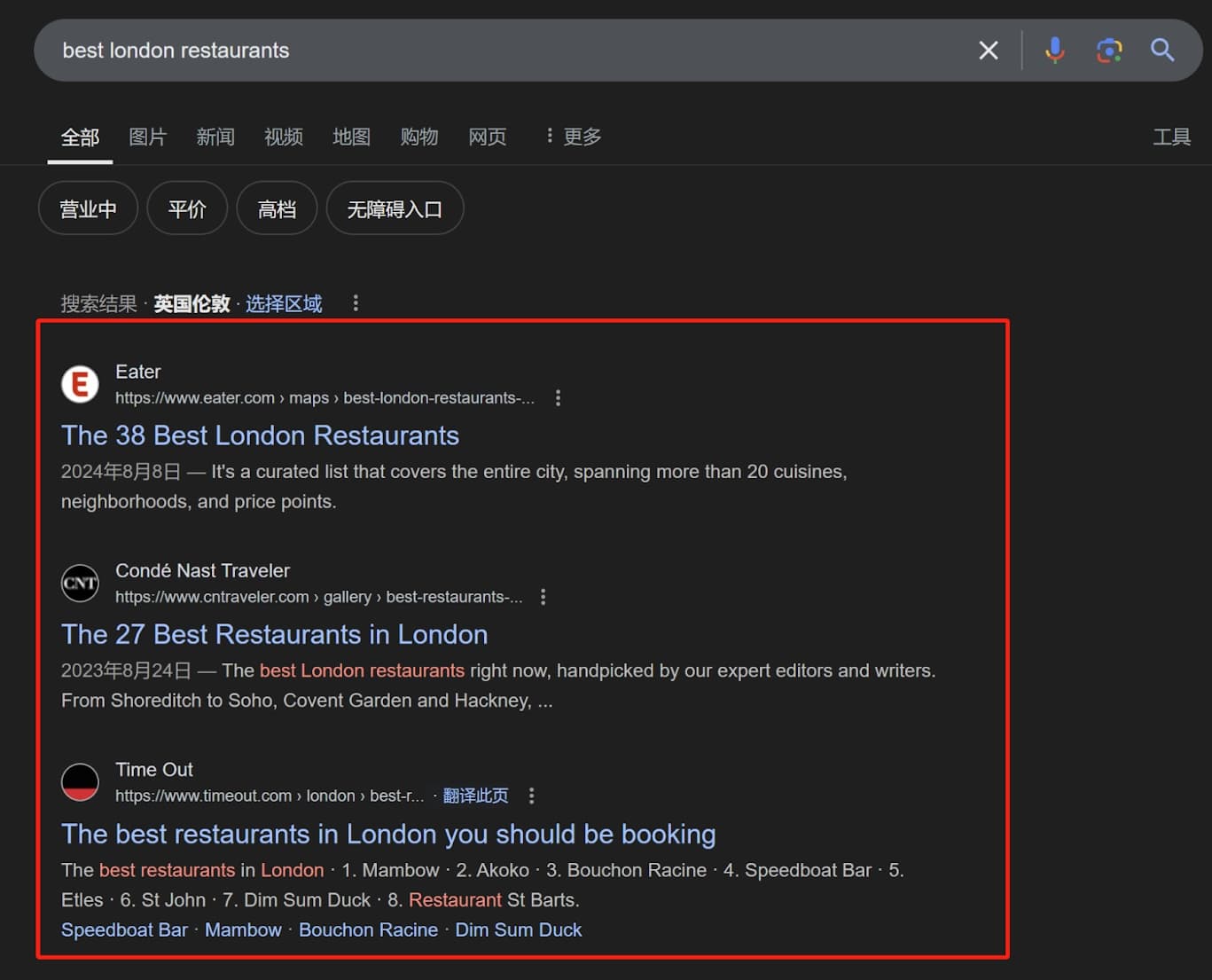
In ChatGPT search, however, the results look like this:
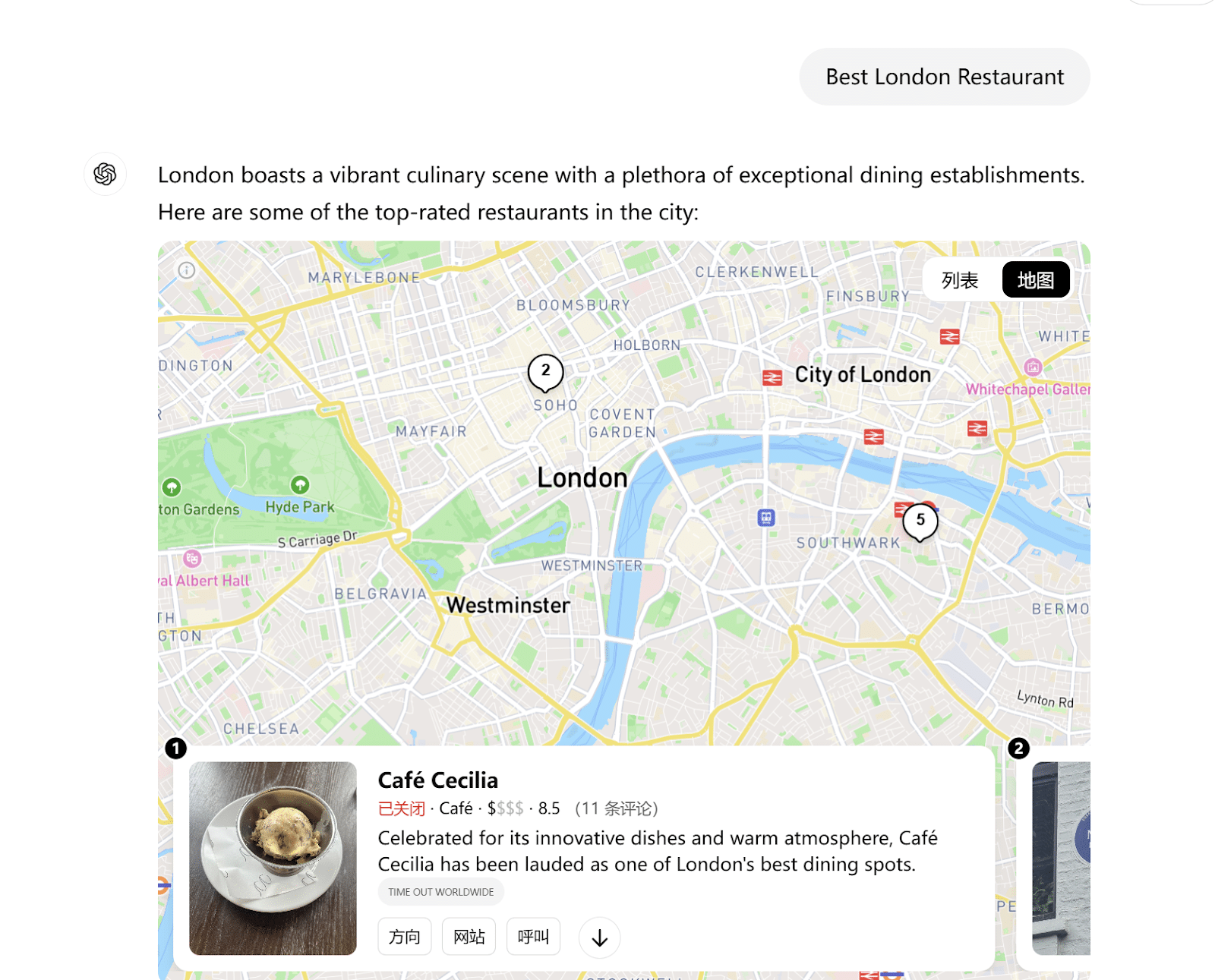
For these localized searches, Google Maps’ importance is highlighted.
ChatGPT searched through 12 results but referenced none – it only displayed Google Maps.
Local brands focusing on Google Maps rankings and maintaining positive reviews will see this advantage amplified in ChatGPT search.
To rank well in local searches, you need numerous authentic, positive Google reviews. This is key to reaching the top.
4. With no ad competition, emphasis is on brand mentions
ChatGPT search doesn’t display ads, so all content shown is purely organic.
This is ideal for businesses relying on organic rankings. This also benefits SEOs by simplifying the path to pure organic traffic.
However, ChatGPT doesn’t drive website clicks. Users turning to ChatGPT search likely want to avoid Google’s click-and-filter experience and are looking for direct answers.
For brands, optimizing for ChatGPT means focusing on brand mentions and accurately conveying brand value.
The goal isn’t traffic but maximizing exposure and offering real solutions.
For instance, a search for [best ebike brand 2024] might feature your brand along with reasons for the recommendation. It would be as if ChatGPT is promoting your brand directly.
When users trust ChatGPT, they also trust your brand. It’s comparable to receiving an endorsement from an authoritative media source.
ChatGPT search presents both challenges and opportunities for SEOs. If you think AI search will gradually reduce Google’s market share, it’s smart to start paying attention and positioning your brand accordingly.
Dig deeper: How to implement generative engine optimization (GEO) strategies






















